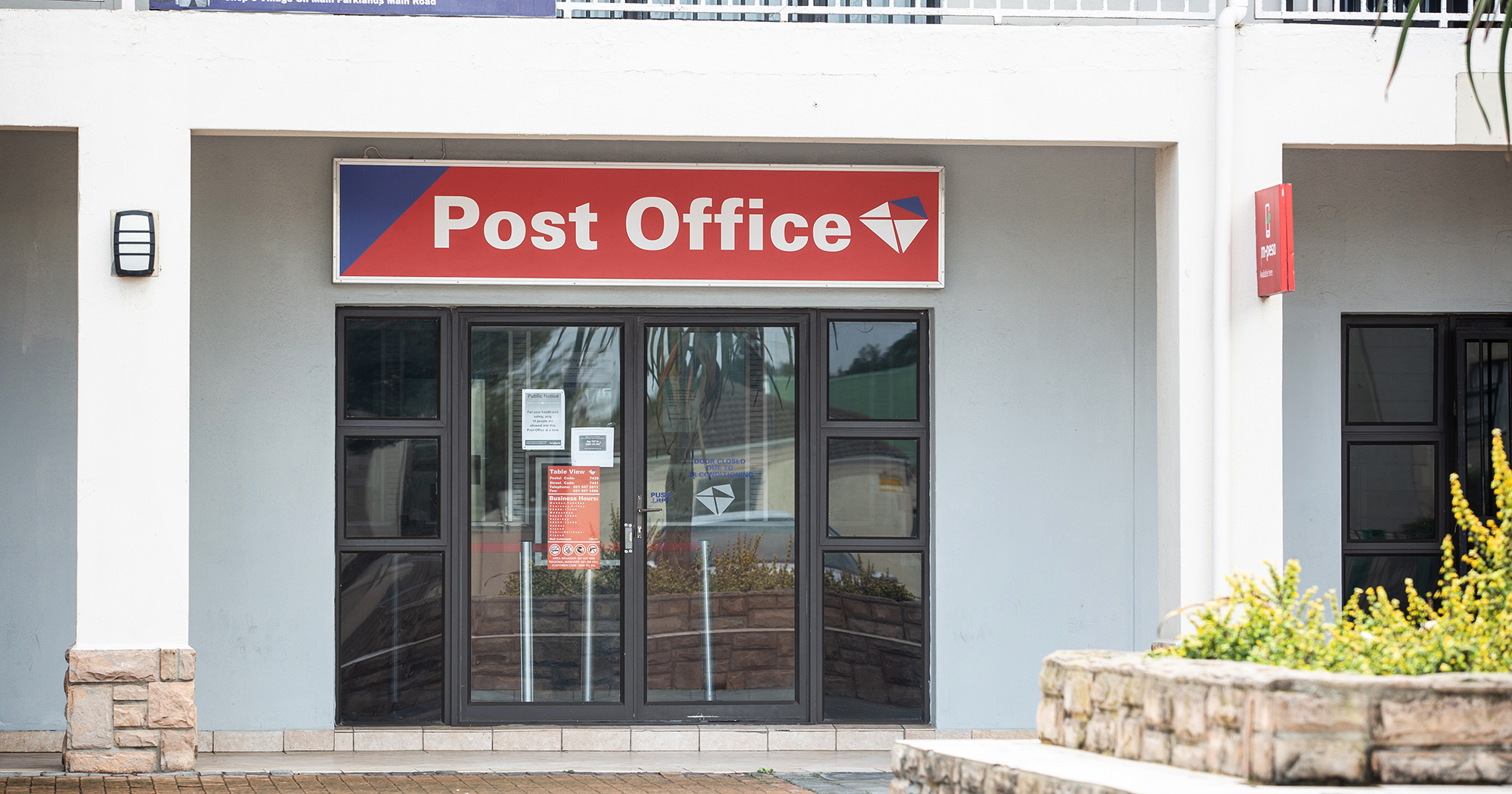While the South African Post Office’s (Sapo’s) pending court action against courier companies to protect its monopoly over the delivery of goods weighing less than a kilogram is unlikely to be heard until 2022, the issue has stirred debate about whether or not the floundering SOE should legally be entitled to hold the sole rights to delivering small parcels.
Many have questioned how Sapo can be trusted to deliver high-value items such as medicines, passports and cellphones, while others debated measures to circumvent the 1kg restriction, by adding bottles of water or even bricks to boxed deliveries.
In terms of Sapo and the Independent Communications Authority of South Africa’s (Icasa’s) interpretations of the Postal Services Act of 1998, letters and parcels weighing less than 1kg are reserved for Sapo, while unreserved postal services, such as those provided by couriers, can be upwards of a kilogramme. The private courier sector disagrees, saying the Post Office is incapable of offering the service and that the act was written with the postal service in mind – never deliveries.
The private courier sector was worth around R12,53-billion in 2016 (latest Stats SA data). If successful in its court application, Sapo – which has the backing of Icasa – would have a monopoly over the delivery of small parcels, preventing courier and other companies from delivering such goods, thereby stifling competition and private sector efficiency.
In April, Auditor-General Tsakani Maluleke declared the SOE to be “commercially insolvent” because it has debt of more than R5-billion, which it is unable to service when portions of it become due. Sapo was also unable to pay its dues to the SA Revenue Service in January 2020, for a R3-million VAT bill. The state-owned entity has recorded financial losses of R1.76-billion and its current liabilities exceed assets by R1.49-billion.
In response, its newly appointed CEO Nomkhita Mona – who replaced Mark Barnes almost 18 months after his sudden departure – acknowledged that “Sapo’s major challenges in the recent past are well documented”.
“These have come about as a result of a number of factors – both exogenous and endogenous – including an obsolete business model. These were exacerbated by the advent of the Covid-19 pandemic.”
Mona added her support for the legal action, saying, “Sapo’s opportunities include participating in the highly lucrative e-commerce space, digitisation of our processes, the courier space, as well as those activities which fall within Sapo’s legal mandate (e.g. the distribution of parcels with a mass of up to 1kg).”
The court battle stems from Sapo’s complaint about PostNet to Icasa. The matter was then referred to Icasa’s Complaints and Compliance Committee. Sapo alleged that PostNet was in contravention of the act because it was the exclusive provider of “reserved” services as it is licensed as a provider of reserved services and the only institution which may deliver postage weighing a kilogram and less. Representations by the South African Express Parcel Association, FedEx, DHL and Aramex SA were also heard.
But the committee found that Parliament had intended to protect Sapo against competition within the kilogram-and-less postage, which would also exclude couriers; that the 1kg-and-less limitation is constitutionally justifiable and that no one else is permitted to transport or deliver reserved postage.
PostNet was found to be in breach of the act and on 26 September 2019 Icasa ordered the company to desist within 90 business days. PostNet had already indicated it would take the matter on review in the North Gauteng High Court and secured an interdict before the ruling was due to come into effect, meaning private couriers can still provide the service until its pending matter can be heard.
The review of Sapo’s interpretation of the act has been lodged with the high court. In papers, PostNet said the Post Office was unable to meet market demands, creating an opportunity for the private sector to step in.
The Post Office and Icasa are both challenging this review but Icasa maintains it is not supporting Sapo: Its mandate is to implement the law.
Icasa spokesperson Paseka Maleka said: “The mandate of Icasa is clearly defined in the Icasa Act, Electronic Communications Act and the Postal Services Act, i.e. to regulate the electronic communications, broadcasting and postal services sectors in the public interest, and more specifically to ensure fairness and the plurality of views broadly representing the South African society as required in terms of the Constitution. It is not the mandate of Icasa to take sides with licensees.”
South African Express Parcel Association CEO Garry Marshall declined to comment on the case, as did the Post Office. DM
Business Maverick
Postal wars: SA Post Office fights courier firms to retain monopoly on delivering small parcels





